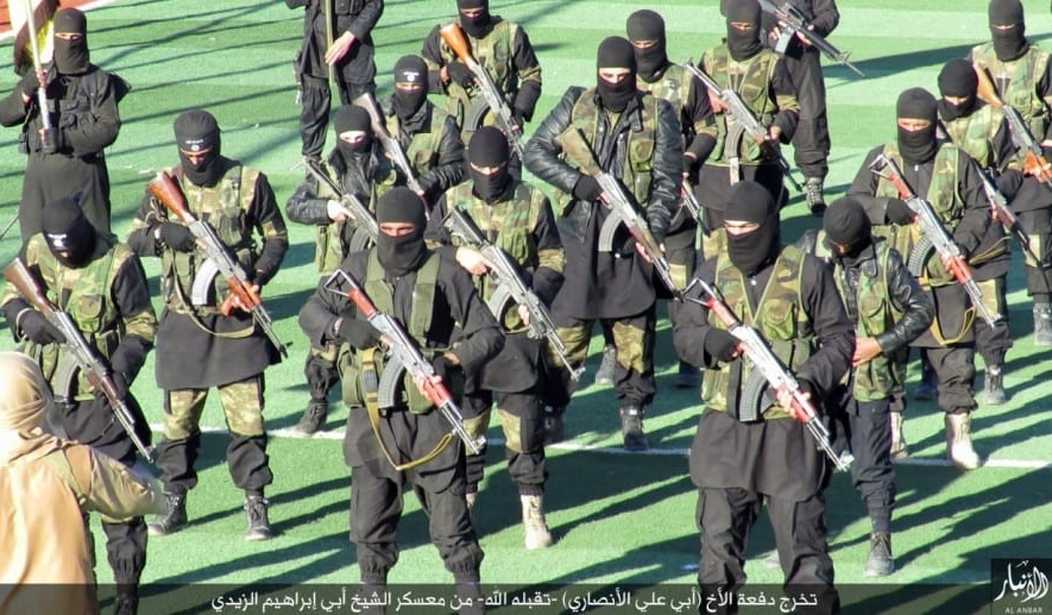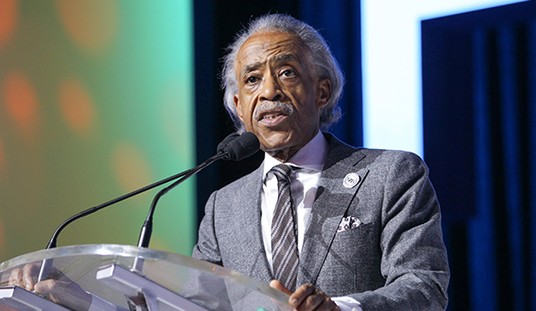A United Nations official called on the world to find ways to “suffocate” ISIS terrorists’ online communications.
“Communication is ISIL’s oxygen and we must find ways to suffocate them. We must continually contest their narrative and worldview in order to win the underlying battles of ideas,” Zainab Hawa Bangura, UN special representative of the secretary-general on Sexual Violence in Conflict, said at Georgetown University during a “Human Security in the Face of Violent Extremism” forum.
Bangura said every step to advance women’s rights is a “small victory” in the fight against extremism.
“When we think of terrorism we tend to think of destruction – killing, kidnapping and abduction. Rape and other forms of sexual violence are not mentioned in any national counterterrorism legislation,” she said.
Bangura decried the use of sexual violence to fund terrorist operations.
“ISIL has used sexual violence to mobilize resources, to fund its operation, including through the ransoming and sale of women and girls. It is believed that $850,000 was paid in January 2015 for the release of 200 Iraqi Yazidis,” she said.
“Perhaps the greatest challenge in relation to atrocity crimes like conflict-related sexual violence is moving from a long history of justice delayed and justice denied to justice delivered, and from a culture of impunity to a culture of deterrence,” she added.
Bangura argued that nothing “emboldens” the perpetrators of sexual violence against women more than knowing they will not be held accountable.
“Therefore, justice might not alone be done, it must be seen to be done,” she said. “Accountability for these crimes is an essential precondition for restoring states’ authority and the rule of law.”
She added that no leader is above the law and no woman or child is below the law.
GOP presidential frontrunner Donald Trump has said the U.S. should work to shut down ISIS’ access to the Internet.
“ISIS is recruiting through the Internet. ISIS is using the Internet better than we are using the Internet, and it was our idea. What I wanted to do is, I wanted to get our brilliant people from Silicon Valley and other places and figure out a way that ISIS cannot do what they’re doing,” Trump said in December 2015. “I don’t want them using our Internet to take our young, impressionable youth.”
Sen. Rand Paul (R-Ky.), who has left the presidential race, pushed back on Trump’s idea.
“If you’re going to close the Internet — that’s like something they do in North Korea, something like they do in China — but it also goes against the Constitution. It goes against the First Amendment,” he said in December 2015. “Closing the Internet would require a change to our Constitution where we get rid of the First Amendment. That’s a big step.”
Actress and activist Ashley Judd addressed the audience at the event after Bangura received her award. She praised Bangura and Alissa Rubin, Paris bureau chief of the New York Times, for their dedication to combating sexual violence.
“My role really is to help this room and everyone in the world who admires you to say thank you,” she said. “You willingly lean in to personal and vicarious trauma. Mental health is a place where we can make a big difference in this world particularly for those of us including me, an incest and rape survivor, who were victims and survivors of sexual violence.”
Judd applauded Bangura and Rubin for having the “personal stamina to continue to do this work,” which she called a “spiritual achievement.”
“It’s really OK to use the word ‘spiritual’ at Georgetown University, I assume,” Judd said.
Bangura was presented with the Hillary Rodham Clinton Award for Advancing Women in Peace and Security at the event.









Join the conversation as a VIP Member